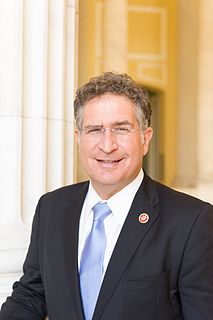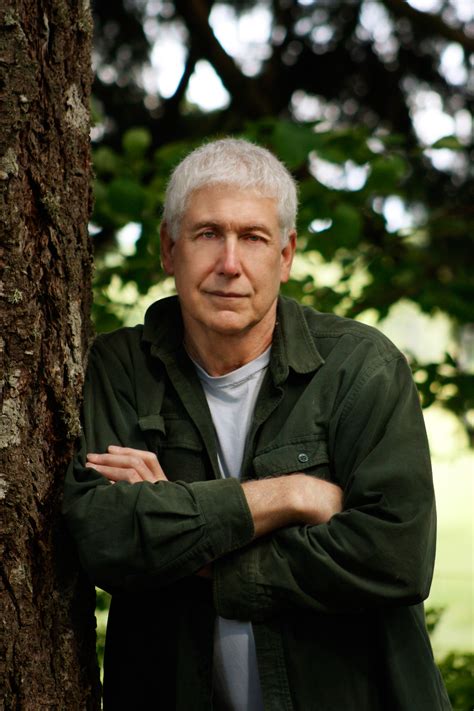A Quote by John Rhys-Davies
I found it marvelous that the great supporters of America in Europe are, of course, those countries that American consistency and firmness in the Cold War ended up liberating.
Related Quotes
When I grew up, in Taiwan, the Korean War was seen as a good war, where America protected Asia. It was sort of an extension of World War II. And it was, of course, the peak of the Cold War. People in Taiwan were generally proAmerican. The Korean War made Japan. And then the Vietnam War made Taiwan. There is some truth to that.
To those who charge that liberalism has been tried and found wanting, I answer that the failure is not in the idea, but in the course of recent history. The New Deal was ended by World War II. The New Frontier was closed by Berlin and Cuba almost before it was opened. And the Great Society lost its greatness in the jungles of Indochina.
The Thirty Years' War, 1618-1648, was a series of conflicts that became the last great struggle of religious wars in Europe. It was fought almost exclusively on German soil...but before the war ended, it involved most of the nations of Europe. The underlying cause of the war was the deep-seated hostility between the German Protestants and German Catholics - with the Jesuits and Cardinal Richelieu, who was the real ruler of France, fanning the fires to accomplish their ends.
Behind Trump's promise to 'make America great again' lie many fallacies. The most important fallacy is that America's place in the world can be restored to the one it occupied after World War II, when Europe was still recovering from vast devastation and most developing countries were still European colonies. It can't be.
Much as Cold War nuclear strategists could argue about winning a nuclear war by having more survivors, advocates of a Global Warming War might see the United States, Western Europe, or Russia as better able to ride out climate disruption and manipulation than, say, China or the countries of the Middle East.
The tumults in America I expected would have produced in Europe an unfavorable opinion of our political state. But it has not. On the contrary, the small effect of these tumults seems to have given more confidence in the firmness of our governments. The interposition of the people themselves on the side of government has had a great effect on the opinion here in Europe.
Industrialized countries have disproportionately more cancers than countries with little or no industry (after adjusting for age and population size). One half of all the world's cancers occur in people living in industrialized countries, even though we are only one-fifth of the world's population. Closely tracking industrialization are breast cancer rates, which are highest in North America and northern Europe, intermediate in southern Europe and Latin America, and lowest in Asia and Africa.



































